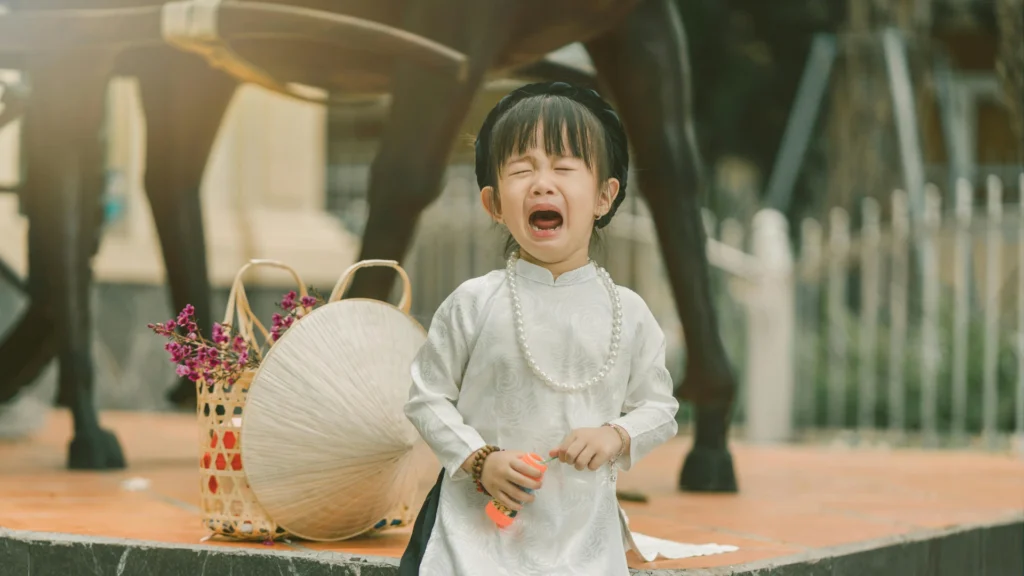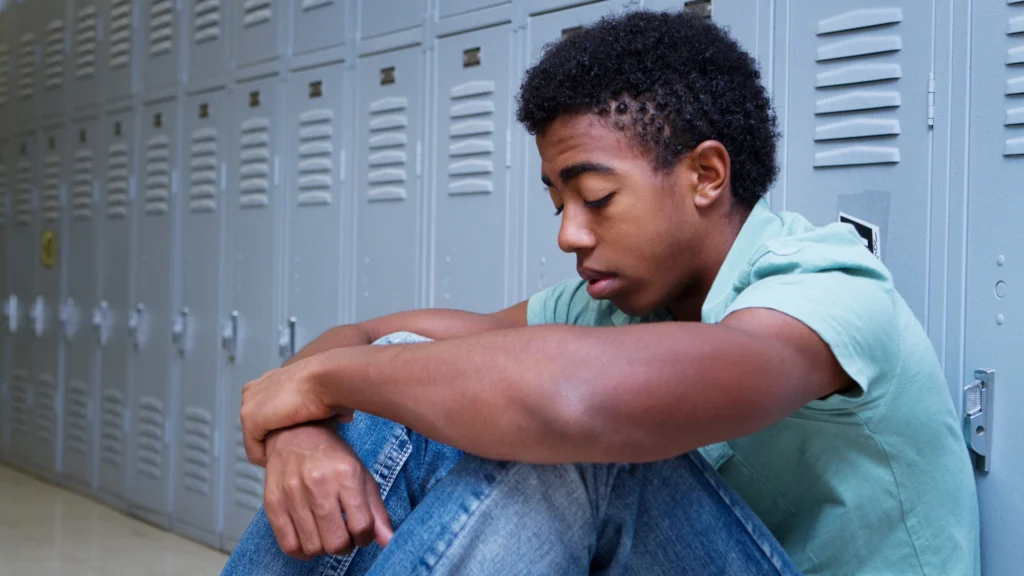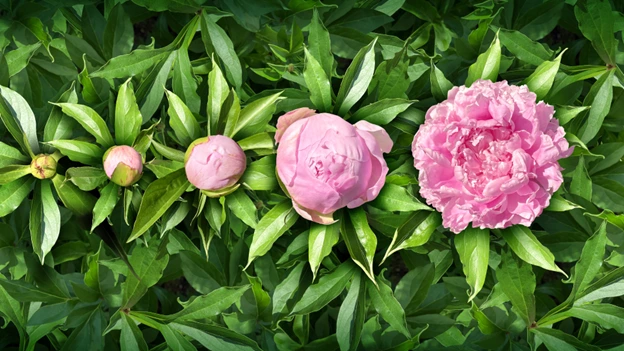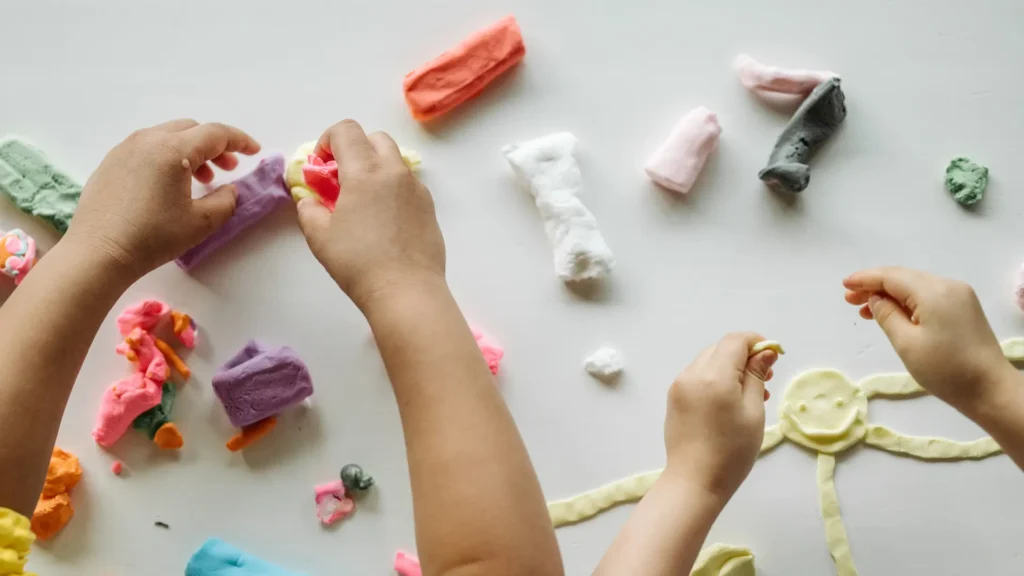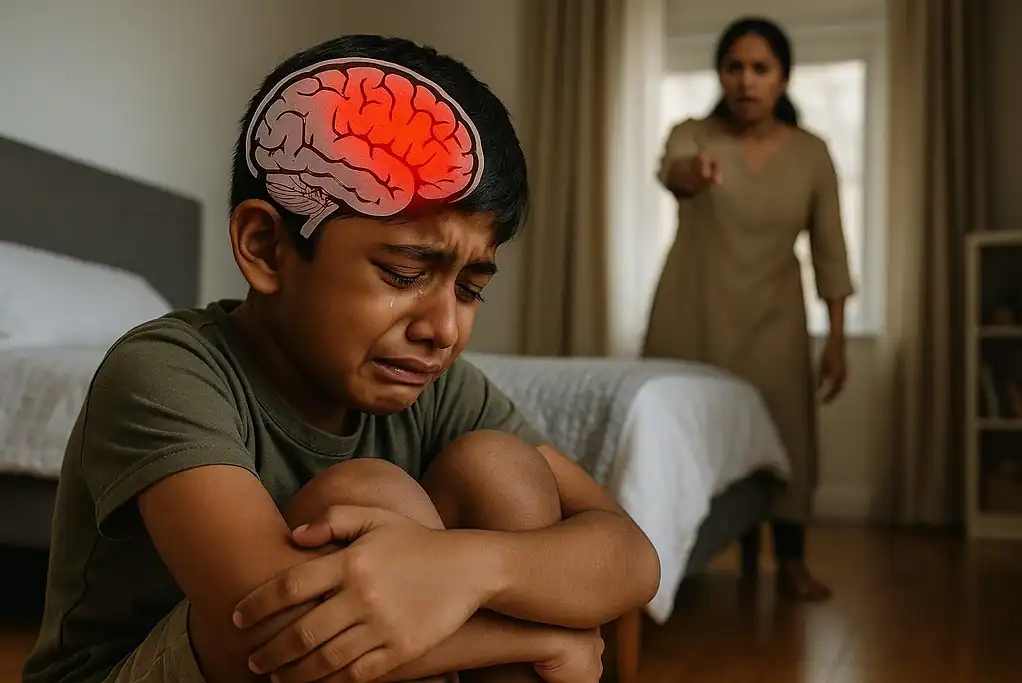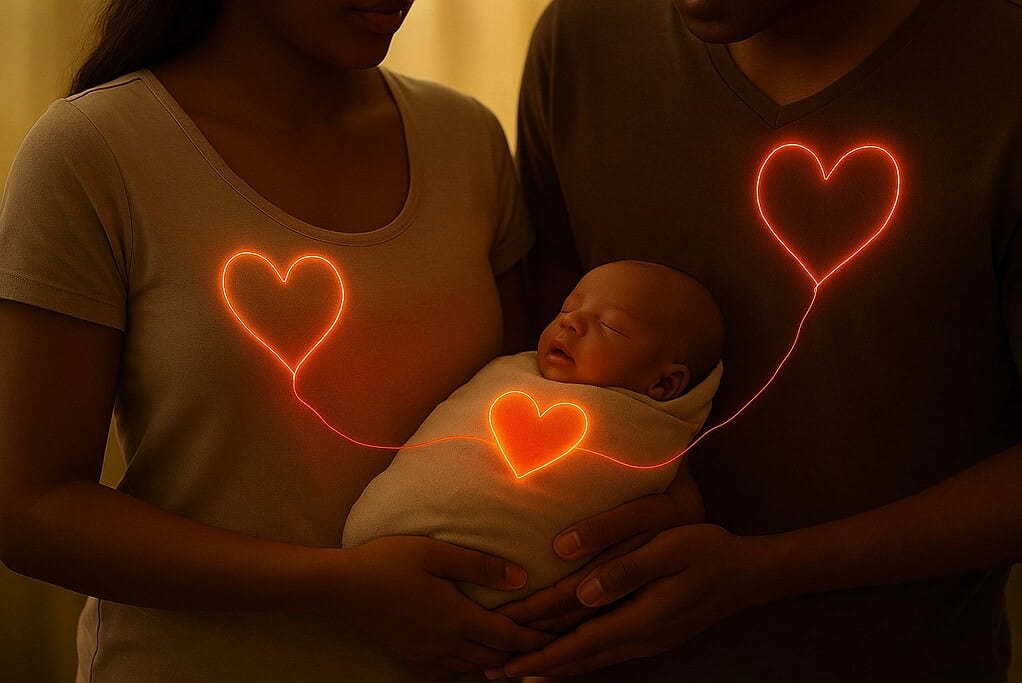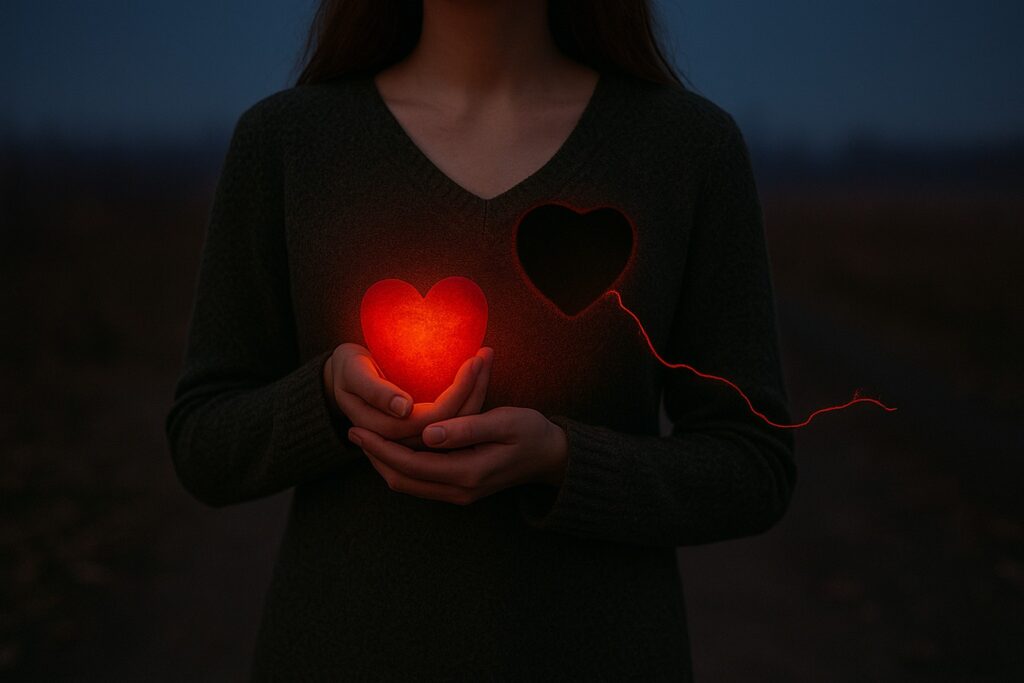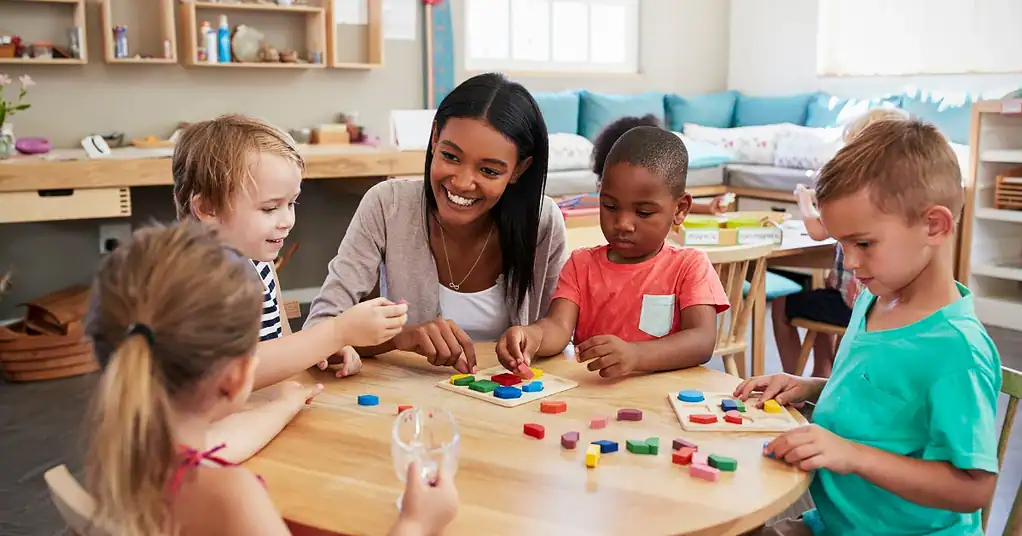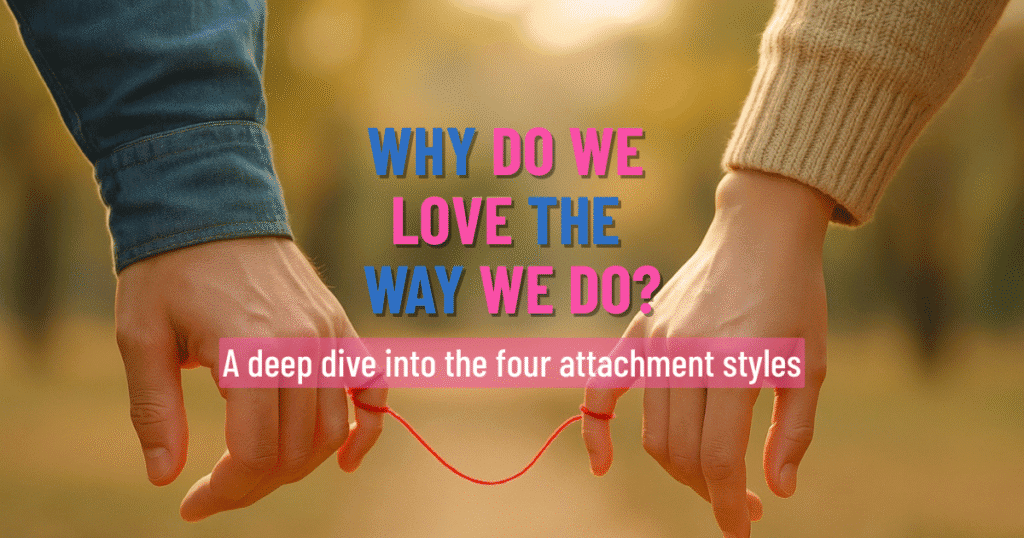Recently, I had a very interesting conversation with a few friends about our new generation and how different they are from us from the time when we were teenagers. Some shared how advanced and creative new world adolescents are, while some said how distracted and demanding they have become.
Of course, there is no right or wrong answer; they are all just personal opinions. However, I thought it’s interesting how we ‘view’ our young generation based on our own associations and conditions.
Let’s have a look at a few common myths that we believe about adolescents to be true.
“Teenagers are irresponsible.”
“Teenagers are selfish and rude.”
“Teenagers are scary.”
“They are all addicted to social media.”
“When I was your age, we actually had to work hard. Teens these days are all lazy.”
“Teenagers these days are always up to no good.”
“Teenagers are disrespectful and demanding.”
“Teenagers are addicted to drugs and alcohol.”
Have you ever wondered how and why such beliefs came into existence?
Maybe you have a rebellious teen at home? Or you are an educator who is working with a bunch of super-duper active high schoolers, or you have teen neighbors who play loud music.
Either way, if you have ever had the opportunity to interact with adolescents and you took the colored glasses off and truly looked at them for who they are, what would you observe?
With over a decade of experience working with children and adolescents, I absolutely LOVE co-creating with teenagers. Their creativity, thoughtfulness, and openmindedness inspire me and give me an opportunity to let my inner teenage self come out and relive moments I missed out on as a teen girl.
Let’s be honest, it’s not easy being a child, and it’s even harder being a teenager. We all have been teenagers, and we know what it feels like to have to obey rules that don’t make any sense to us; we know the feeling of “nobody understands me” or having a secret crush on someone who appears to be ‘outta my league” and then be heartbroken (and listen to sad songs day and night). Remember those days? Exactly! 🙂
It’s time we look beyond these myths and stereotypes about our adolescents and recognize the goodness that lies within them so that we can cultivate that even more.
When you stop to think about it, the teen years are such a fascinating period of our life. It’s incredibly challenging, confusing, scary, and can even be lonely at times. But it’s also exciting and highly explorative.
Did you know that according to the World Health Organisation, Worldwide, 10-20% of children and adolescents experience mental health conditions? Still, the majority of them do not seek help or receive care. Half of all mental health conditions start by 14 years of age. Suicide is the third leading cause of death in 15-19 year-olds. This is just heartbreaking! Don’t you think?
Now as someone who was diagnosed with clinical depression at the age of 16, I very clearly remember how growing up was extra hard, having to deal with a big dark cloud that followed me everywhere, all the time. After working with so many different adolescents from different backgrounds and cultures, I have encountered that they fight invisible battles we have no clue about. They might be screaming for help; the question is, ARE WE LISTENING?
We often see their behaviors, or “misbehaviors”, and unintentionally judge and label them. What we are forgetting is that children and adolescents communicate through behavior. They do not fully understand how to express themselves in the way we expect them to. After all, children are a byproduct of their environment, and their behavior reflects their inner and outer worlds.
Being an adolescent is a time of transition, growth, and discovery. While it can be a challenging period filled with uncertainty, it is also a time of great beauty and wonder. Instead of our judgment and criticism, what they need is a connection, empathy, and clear direction.
It’s not the children who throw tantrums with their parents that we should be concerned about; it’s those who hide their true selves from their parents that need our attention the most. Parents are supposed to be the safest place a child can rest in. Yes, it’s not always easy to hold space when our teens constantly talk back to us or break the curfew rule. It’s not about approving unacceptable behavior and trying to be the ‘cool parent’; it’s about providing a space where they have:
- Freedom within Limits
- Direction and Super-Vision
- Clear Boundaries
- Rules and Consequences
- Positive Role Modeling
- Clear Communication
- Trust and Respect
- Clear Goals and Directions
- Validation and Celebration
As parents, If we can hold our frustration back and accept that this is a challenging time for them as much as it is for us, we are able to create a safe environment for them to express and explore who they really are.
Here are some of the reasons why being an adolescent is an adventure:
Self-discovery: Adolescence is a time when young people begin to explore who they are and who they want to be. This period of self-discovery can be exciting as individuals start to uncover their values, passions, talents, and strengths. Adolescents may experiment with different hobbies, interests, and identities as they try to find their place in the world. They may also realize that their interests are different from their parent’s expectations. Coming out of childhood, they develop a sense of a ‘new self’ separated from their parents. Some of these changes may cause them to defend their newfound self and other interests.
New experiences: Adolescents are often exposed to new experiences that can be thrilling and exhilarating. They may try new foods, travel to new places, or explore new activities. This sense of adventure can be incredibly useful as young people push themselves out of their comfort zones and embrace new opportunities. This is why adolescents are such risk-takers. However, without proper guidance, their natural curiosity may lead them to unsafe situations, such as trying harmful physical activities or experimenting with alcohol and drugs. As parents, we need to be able to guide them in the right direction so that they can use this growth period to bring out the best potential in them.
Strong emotions: Adolescents experience a wide range of intense emotions, from the highs of love and joy to the lows of sadness and heartbreak. While these emotions can be challenging to navigate, they also make life more vibrant and meaningful. Adolescents may feel things deeply and passionately, and this emotional intensity can be very challenging and confusing. They are driven by emotions and are not afraid to express them. They often experience mood swings and irritation, and their ongoing hormonal changes contribute to magnifying the experience. They may act angry, talk back, and lock themselves in the room, be moody for no apparent reason, and so on.
However, if they grow up in dysfunctional families, they can be a target for potential mental illnesses such as depression and anxiety. This is why our connection to them is more important than anything else. Cultivating emotional intelligence in adolescents is extremely valuable as it will help them be aware of their emotions and regulate them in healthy ways. The best way to encourage emotional intelligence is to role model it.
Creativity: Adolescents often have boundless creativity that can be inspiring. They may express themselves through art, music, writing, or other forms of creative expression. This creativity allows young people to explore new ideas and perspectives and to communicate their feelings and experiences in powerful ways. With advancements in technology, they are able to create new art forms we couldn’t even possibly imagine during our adolescent hood. They are curious and observant, and open-mindedness helps them fearlessly try new things.
Creativity is a highly appreciated skill in the modern world. This is why we need to allow them to experiment with new ideas, even if they may seem strange to us. Don’t forget groundbreaking inventors of our world are “outside box” thinkers.
Imagination is more important than knowledge. Knowledge is limited. Imagination encircles the world. – Albert Einstein
Relationships: Adolescence is a time when many young people form deep and meaningful friendships. These friendships can be incredibly beautiful as young people support and uplift one another through the ups and downs. Their friend is the one who ‘gets’ them, while they feel, ‘my parents don’t understand me’. They build individual and group relationships. Their need for emotional connectivity and intimacy makes them more social. Having a good social circle helps them develop valuable social skills which directly impact their adulthood relationships. They may try to maintain a certain status among their peers and friends.
In some cases, they may even take part in potentially dangerous activities just to ‘fit in’ or look ‘cool’. The quality of our relationship with our adolescents plays a crucial part here. Our relationship dynamics will define the future of our relationship with them as well as how they will form relationships in their adulthood.
Here are some AWESOME young people who are making a difference in our world and setting a great example for us, adults.
Malala Yousafzai
As a child, Malala Yousafzai learned in her father’s school—one of the few in Pakistan that educated young girls. A girl attending school was considered a challenge to the Taliban regime’s authority, and defying them made her a target. She was shot on her way to school by a Taliban gunman but survived to become a passionate advocate for a woman’s right to education.
Greta Thunberg
19-year-old Greta Thunberg is an inspirational person for students who want to reduce the effects of climate change. When Greta began protesting the Swedish government’s limited action against climate change at her school, she received worldwide attention for her desire to help save the planet in any way she could.
Orion Jean
11-year-old Orion Jean founded the Race to Kindness foundation in 2020. That year, his organization held a Race to 100K Meals event that provided over 100,000 free meals for families across the country.
Jaylen Arnold
Jaylen Arnold is another young person who has changed the world by advocating for bullying prevention. As a child, Jaylen was diagnosed with Tourette’s syndrome, obsessive-compulsive disorder, and Asperger’s syndrome. Due to his differences, he was often bullied by other students at his school.
Jaylen decided that instead of fighting back, he could stand up for other children who are bullied because they are different. He started the Jaylen’s Challenge Foundation, a nonprofit that educates children across the United States about how they can prevent bullying. In 2014, Jaylen was named a World of Children award honoree for his work as an anti-bullying advocate.
Growing up is chaotic, messy, challenging, and confusing because we are being prepared to ‘survive in the wild’. Although we have come a long way, we are still required to master certain life skills at each different stage of our development so that we can successfully navigate our future and maximize our true potential. As parents, it is important that we accept our children for who they are, even seemingly at their worst behaviors. If we are not their ‘safe space’, who and what could possibly replace that place for them in this world?
It’s time to remember that our children won’t remain children forever. They will spread their wings and fly out of our nest, making their own, and it’s our outermost responsibility to make sure that their wings are strong enough to fly as high as they want. Meanwhile, we must allow ourselves to enjoy this adventure with them because when time has already passed, everything will be just memories, and some of us may even do anything to re-live those moments, even the chaotic ones. Let’s cherish these precious moments that we get to spend with our children.
“Growing up happens in a heartbeat. One day you’re in diapers; the next day you’re gone. But the memories of childhood stay with you for the long haul.” — The Wonder Years
With Grace and Gratitude,
Lux




